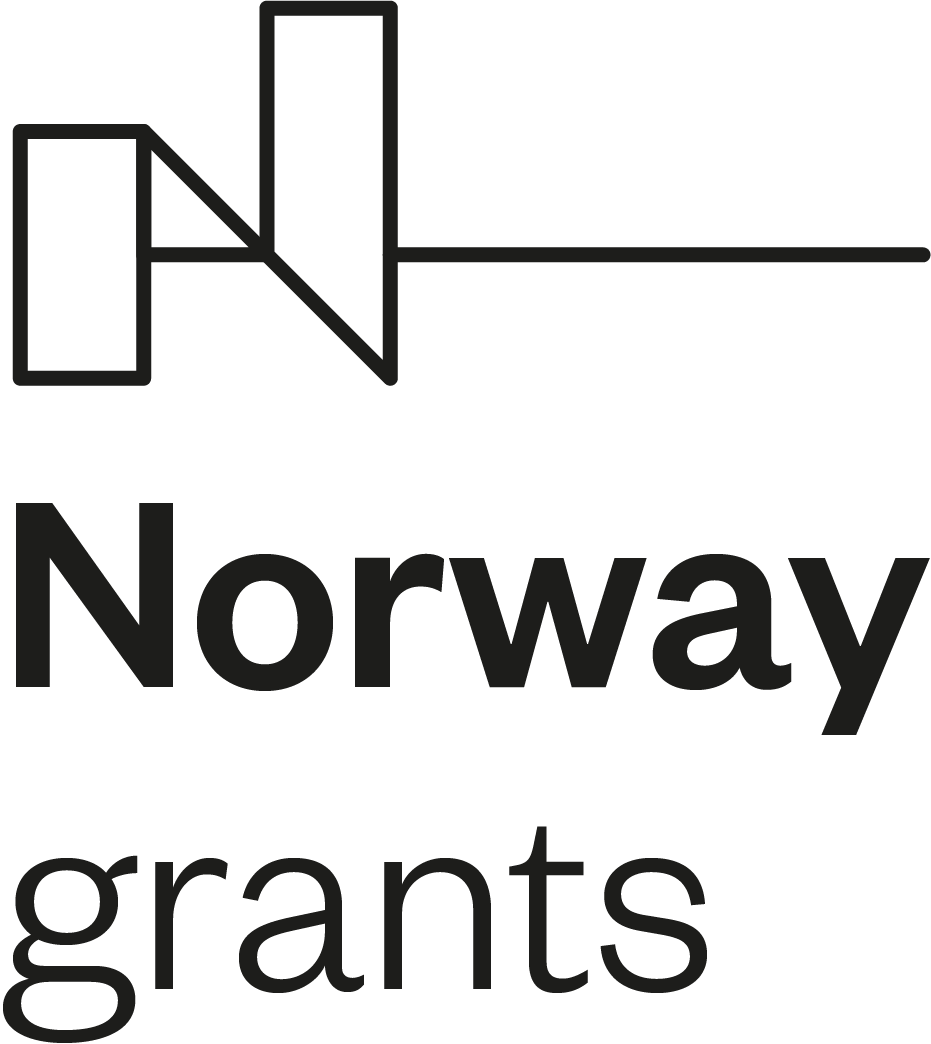Call for abstract to our International Conference
Uncovering The Past Towards the Future, Uniting Experiences and Values. Kurdistan in Western and Eastern Research Tradition. 24-26.10.2016
Institute of Oriental Studies, Jagiellonian University, Kraków, Poland
The conference will be held in memory of August Kościesza-Żaba, the Polish-Russian diplomat and researcher and Mela Mahmud Bayazidi the Kurdish clergyman who according to Żaba “was his teacher and collaborator” in collecting, translating and commenting on Kurdish texts.
The main aim of the conference is to bring together scholars in Kurdish studies from Kurdistan as well as from the West and the East of Europe. The conference is related to the research project How to make a voice audible? Continuity and change of Kurdish culture and social reality in postcolonial perspectives. Until now, our experiences have shown that methods and approach to Kurdish studies applied in the light of different academic traditions give birth to different interpretations of what Kurdish studies entails and what is important in developing and deepening its research areas. This creates the diverse hierarchy of topics and methods of studying them, which is not necessarily readable for the academics from different parts of the world. That is why during our conference we would like to pay attention to the problem of distinct Eastern and Western European traditions in Kurdish studies and to thematise their differences and similarities.
Our aim is also to stress the importance of the three elements which today should contribute to more successful Kurdish research: the wide theoretical background, good knowledge of language and the contact with the studied reality and people. Although sometimes differently evaluated and discussed, knowledge and experiences can, be in fact, effectively shared and exchanged in our Kurdish studies society. We would like to give the possibility for participants to make their presentations in three different languages: English, Kurdish and Russian. We believe that the present stage of Kurdish studies cannot give priority only to the English language. That is why we would also like to promote the knowledge of the native language (i.e. Kurdish and its dialects) and Russian as the language of a long and rich tradition in Kurdish studies.
We invite papers in the following thematic sections:
- Żaba & Bayazidi’s epoch: Western European and Russian orientalism in the study of the Kurds.
- Can the “statelessness” be valuable? The Polish and Kurdish people have always perceived their statelessness as the worst historical experience. However, we would like to ask the provocative question in order to consider the issue from the perspective of the globalized world, its challenges and chances for placing the “statelessness” in a new context.
- Kurdistan between conflicts and will for stability – the contemporary political challenges and chances for the Kurds
- From imagination to activity: the role of Kurdish culture and its institutionalization
- Faith, Thought and Doubt: the religions and minorities of Kurdistan and their role in shaping the social and political reality of the Middle East.
- Modernized and Traditional: the modern ideas and ideologies in Kurdistan.
- “Jin, jiyan, azadî” (Woman, Life, Freedom): Kurdish women between slogans and values.
- Imagined, Real and Narrated: Kurdish literature and art constructing the meaning of values and dignity.
- Refugee, migrant, traveller: different forms of migration and international networks of the Kurds
- What kind of Kurdish studies do we need? Multicultural reflection on the research and activities in the field of Kurdish studies including a critical appraisal on imperialist and neo-imperialist past and present of Kurdish studies.
The conference panels will be arranged according to topics and language of presentation. Please send the abstract and title of presentation no longer than 250 words, together with a short biographical note, academic affiliations and contact information by 31 March 2016 to the address: conference@kurdishstudies.pl Point out the thematic section you would like to participate in. Each abstract should be written in English, title should be given in English and in the language of presentation.
The information on the accepted proposals will be given by the end of April 2016.
There is no fee for participation in the conference.
Languages of the conference: English, Kurdish, Russian
For detailed invitation containing English, Kurdish and Russian version please find the attached pdf file:





